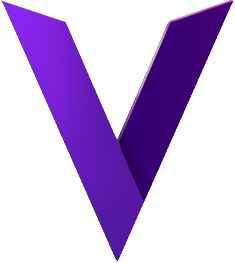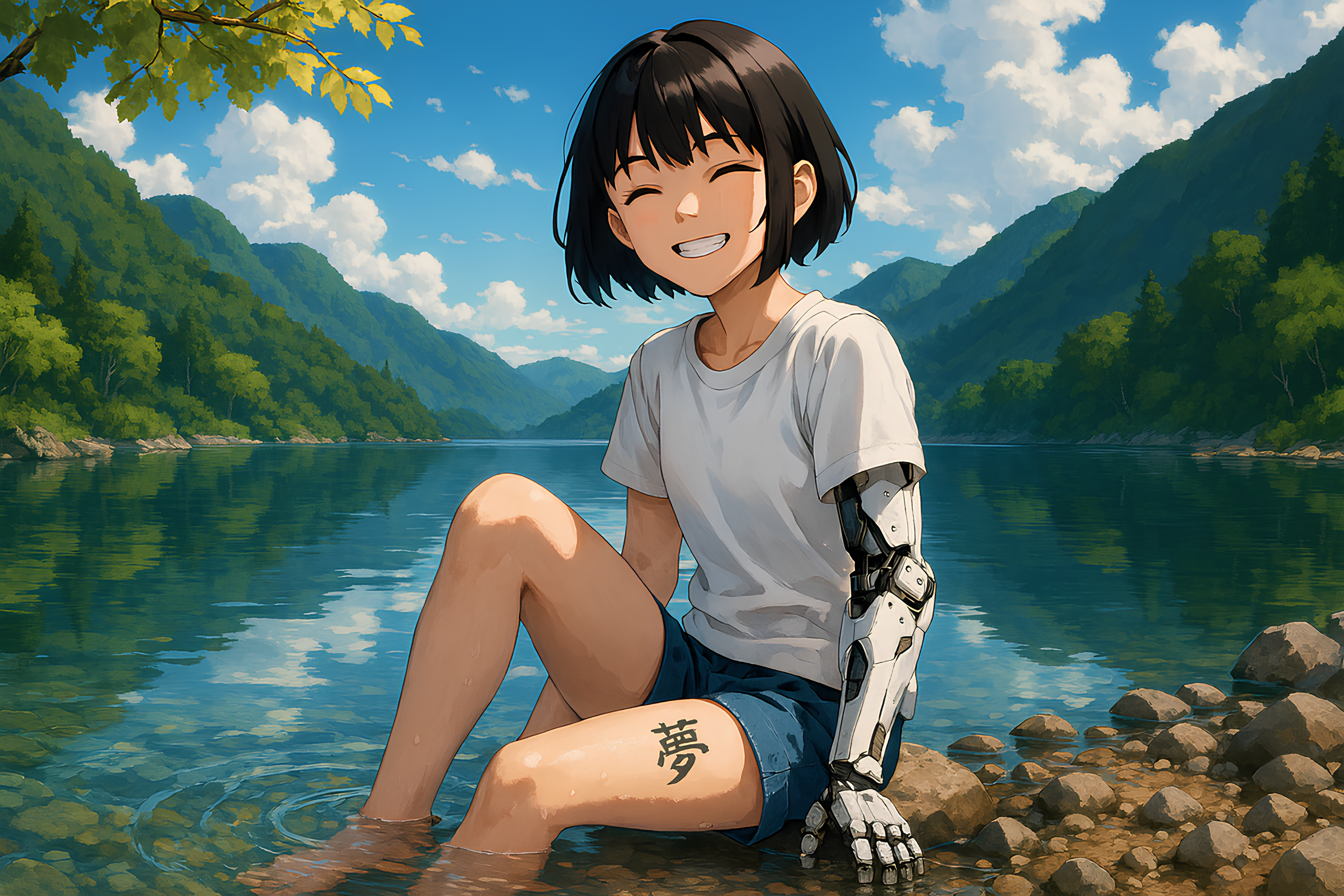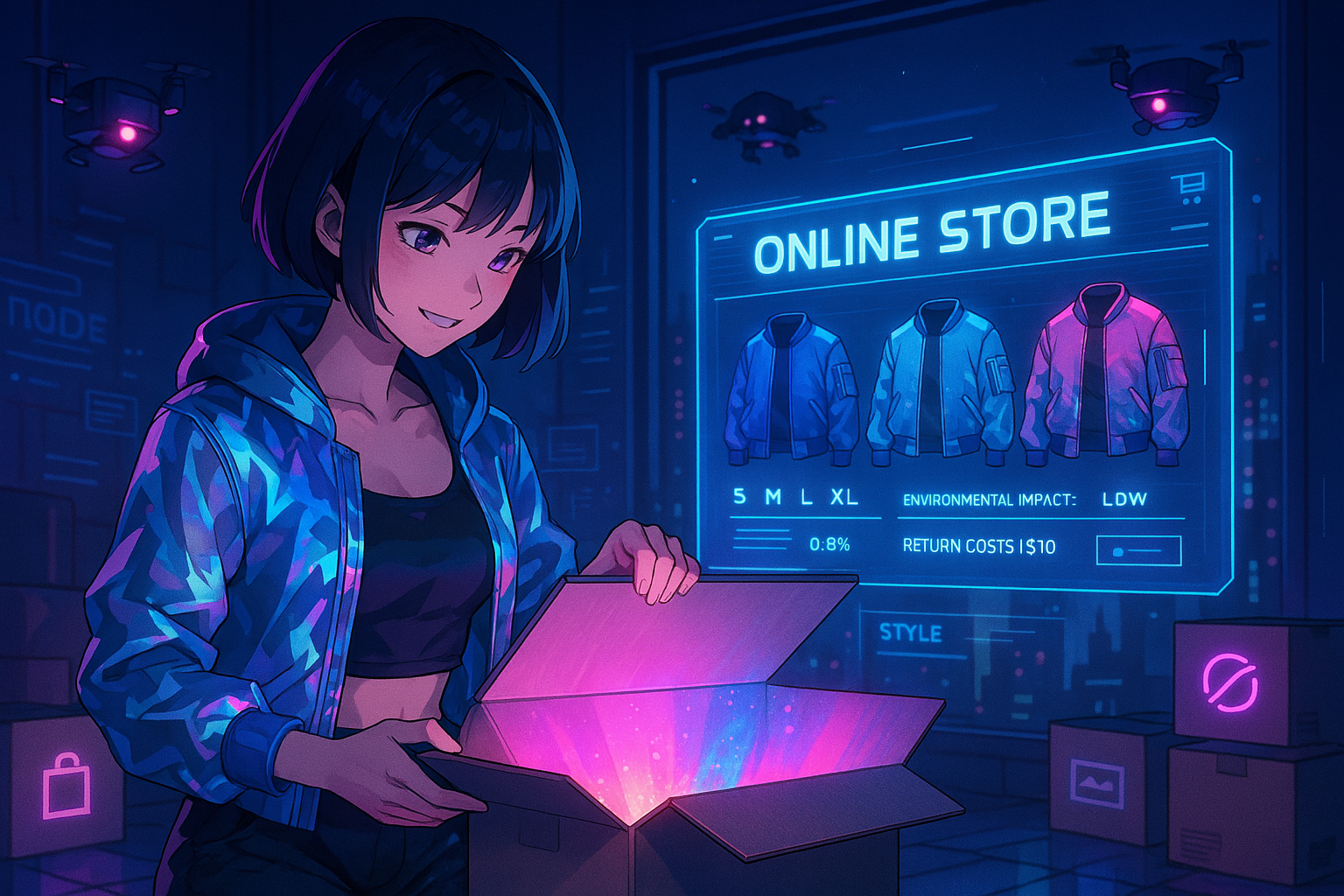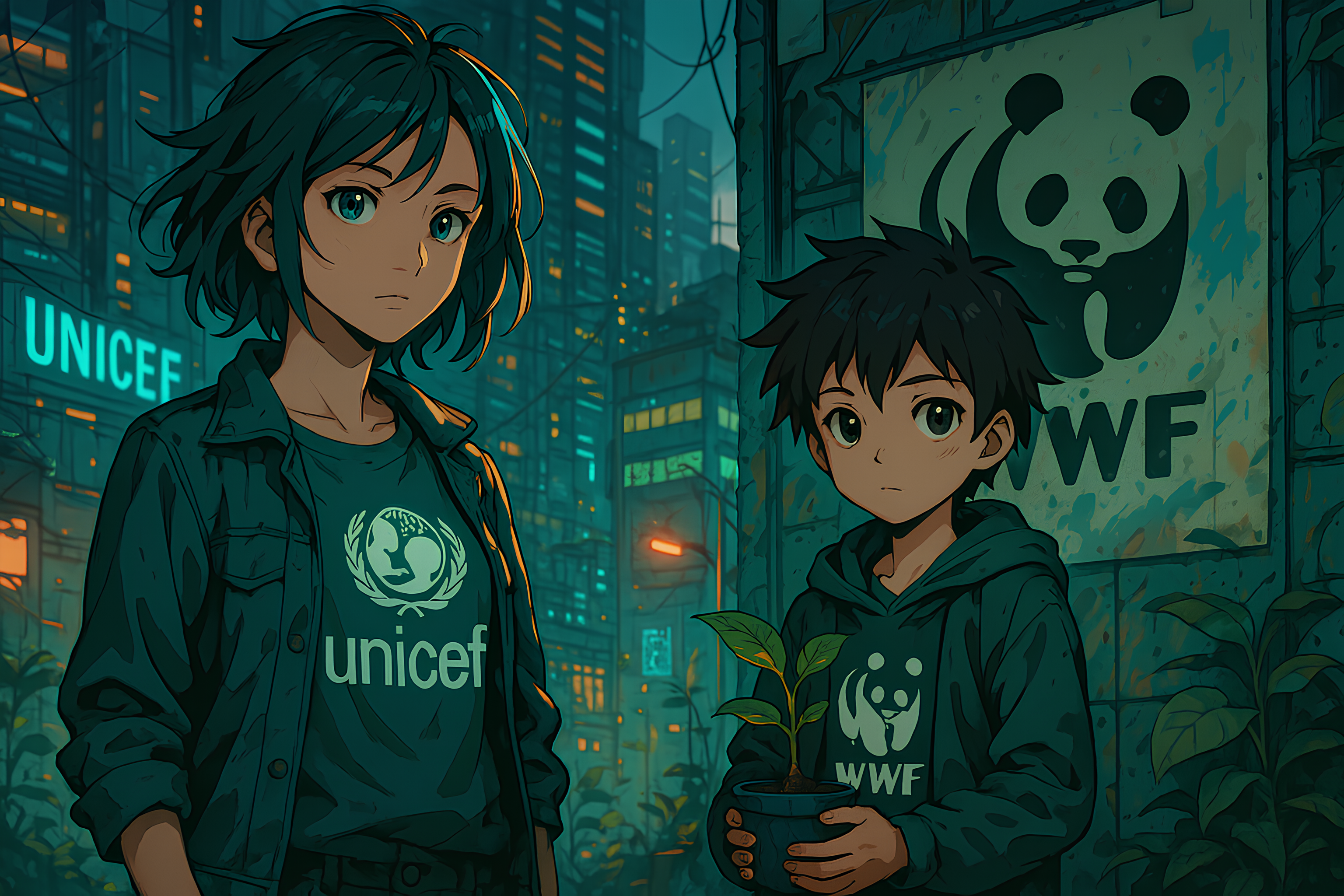The Organic Content Standard (OCS) is an internationally recognized certification system that verifies the content of organically grown materials in textile products. Unlike more comprehensive standards, OCS focuses exclusively on the traceability and verification of organic materials.
OCS comes in two important variants:
- OCS 100 applies to products containing 95-100% certified organic materials. This strict variant guarantees that virtually the entire product is made from controlled organically grown raw materials.
- OCS Blended is designed for mixed products that contain at least 5% certified organic materials but fall below the 95% threshold. This variant allows manufacturers transitioning to greater sustainability to document their efforts transparently.
What OCS offers you:
- Traceability: The path of organic material from raw material to final product is documented
- Verified: Independent auditors confirm the organic content
- Transparency: Clear indication of how much organic material is actually contained
- Credibility: International recognition avoids misleading "organic" claims
Unlike more comprehensive standards such as GOTS, OCS does not regulate production conditions, chemical inputs, or social aspects - it focuses exclusively on the content and origin of the organic material.

The GRS (Global Recycled Standard) is your key to responsible recycled products. This Global Recycled Standard guarantees that textiles actually contain recycled materials and are produced sustainably.
What GRS offers you:
- Credibility: Internationally recognized certification for genuine recycled products
- Comprehensive: Covers not just materials, but also social and ecological criteria
- Verifiable: Independent verification of the entire production chain
- Future-oriented: Promotes the reduction of resource consumption and waste
Look out for the GRS seal when shopping next time for fashion that not only looks good but also protects the environment.

The GOTS (Global Organic Textile Standard) is your assurance of truly organic textile production. This Global Organic Textile Standard is the world's leading certification for textiles made from organic fibers.
What GOTS offers you:
- Holistic: Covers environmental and social criteria throughout the entire textile supply chain
- Premium quality: Minimum 70% certified organic natural fibers in the final product
- Ethical production: Guarantees fair working conditions and prohibits child labor
- Eco-friendly: Prohibits hazardous chemicals and requires water treatment
Unlike OCS, which only focuses on verifying organic material content, GOTS regulates the entire manufacturing process including strict social and environmental criteria. While OCS primarily offers transparency in organic material sourcing, GOTS goes significantly further with prohibitions on hazardous chemicals and requirements for fair working conditions.

The OEKO-TEX Standard 100 is a globally uniform testing and certification system for textile raw materials, intermediate and end products that focuses on freedom from harmful substances.
What OEKO-TEX offers you:
- Health protection: All components are tested for over 1,000 potentially harmful substances
- Comprehensive testing: Everything from buttons and yarns to the finished garment is checked
- Gradation based on skin contact: The more intensive the contact with skin, the stricter the testing criteria
- Regular updates: Limit values are adjusted at least once a year according to current scientific findings
Unlike standards such as GOTS or OCS that focus on origin and production, OEKO-TEX centers on product safety for the consumer. The standard guarantees that certified textiles do not contain harmful levels of substances that pose a risk to human health.

The PETA-Approved Vegan Label is a certification by PETA (People for the Ethical Treatment of Animals) that identifies products completely free from animal-derived components.
What the PETA label offers you:
- Animal-friendly: Guarantees that no animals were killed or exploited for manufacturing
- Transparent identification: Makes vegan fashion and products recognizable at a glance
- Comprehensive verification: Confirms the absence of leather, wool, silk, feathers, and all other animal materials
- Hidden components: Checks non-obvious ingredients such as adhesives and dyes for animal-derived substances
Unlike environmental or social standards, the PETA label focuses exclusively on animal welfare aspects. It ensures that even non-immediately recognizable animal components in products are avoided and enables a conscious purchasing decision for an animal-friendly lifestyle.

Our manufacturers are members of:
Fair Wear is an independent multi-stakeholder initiative dedicated to improving working conditions in the textile industry. Unlike product certifications, it focuses on the membership and commitment of the entire company.
What Fair Wear membership means:
- Commitment: The company has committed to the strict Fair Wear Code of Conduct
- Transparency: Regular independent audits of working conditions at production facilities
- Continuous improvement: Annual assessment of progress in implementing fair labor practices
- Complaint system: Workers in factories have access to an independent complaint mechanism
In contrast to material-related standards like GOTS or OCS, Fair Wear focuses exclusively on the social aspects of production. The membership demonstrates a company's commitment to treating the people behind the fashion fairly and continuously improving working conditions throughout the supply chain.





